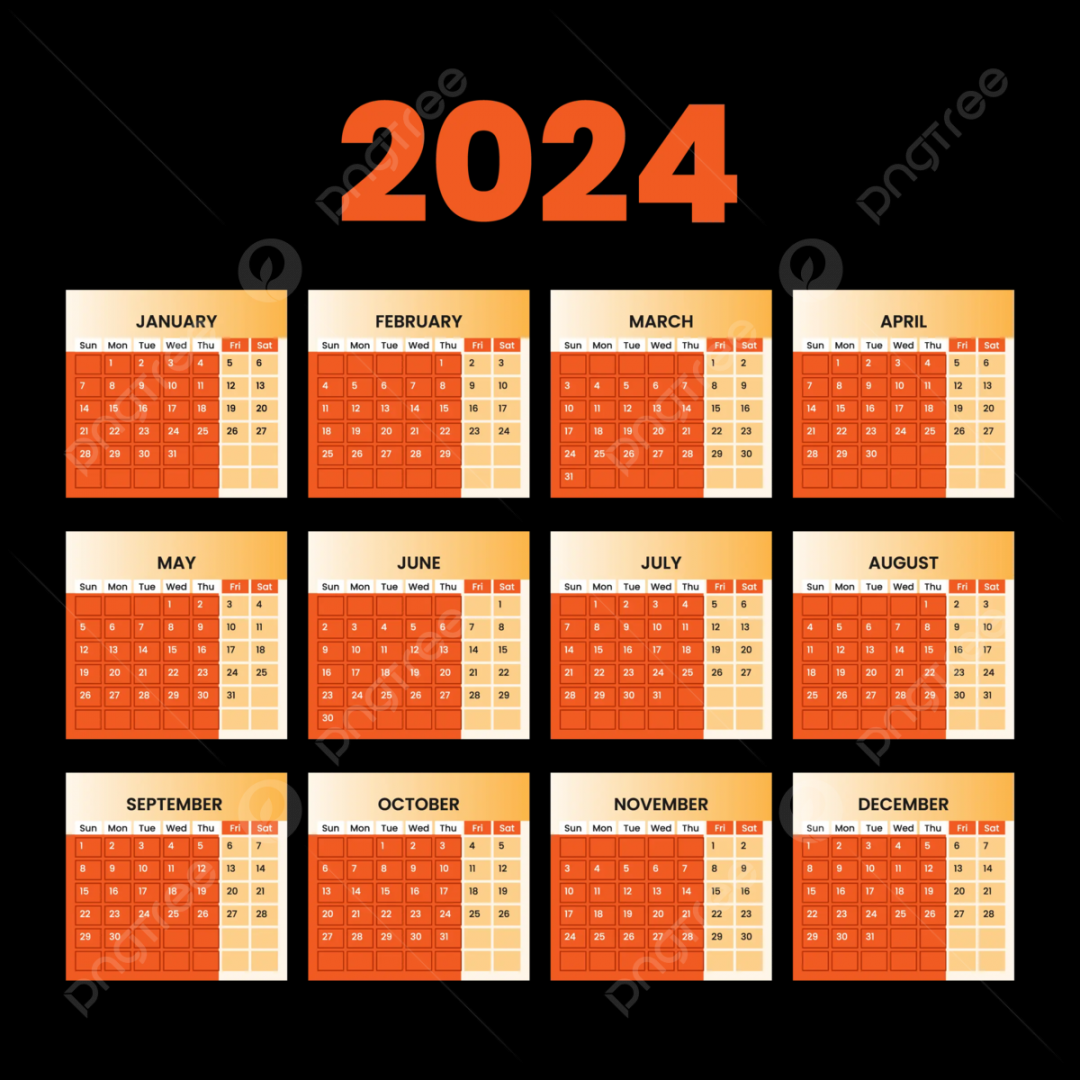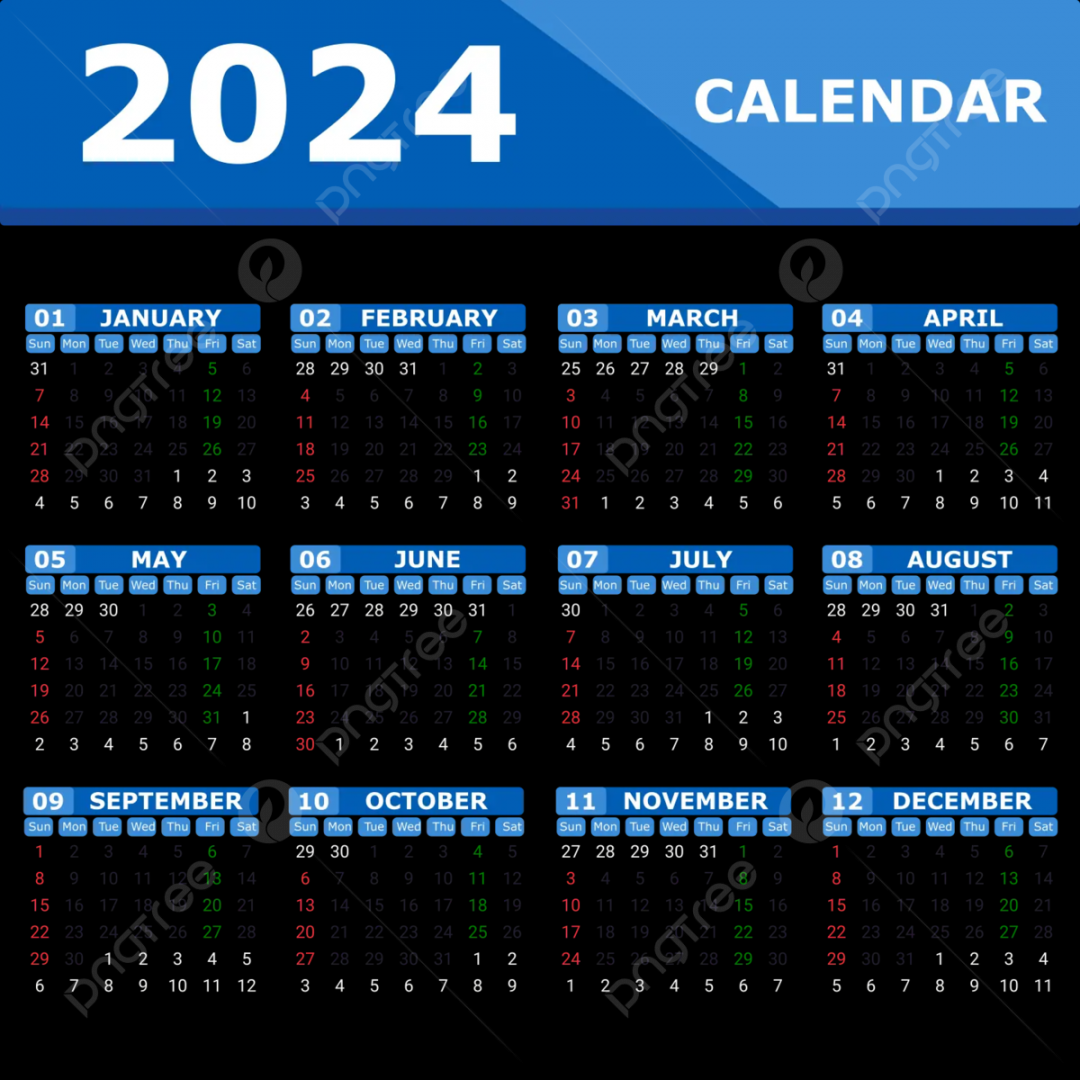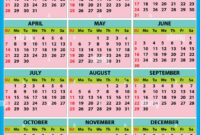Igbo Calendar 2024: A Year of Tradition and Culture

An Igbo calendar is a traditional timekeeping system used by the Igbo people, an ethnic group primarily located in southeastern Nigeria. It’s different from the Gregorian calendar we use today, as it’s based on lunar cycles and agricultural seasons.

The Igbo calendar is divided into two main seasons: the dry season and the rainy season. The dry season, known as “ọkụ” (fire), is associated with farming activities like planting and harvesting. The rainy season, called “ọsụ” (rain), is when the land is prepared for planting.
Each season is further divided into smaller periods based on lunar cycles and celestial events. This means that the Igbo calendar is not fixed like the Gregorian calendar, and the exact dates can vary from year to year.
While the Igbo calendar has been used for centuries, there is still much to learn about its specific details and historical development. However, it is known that the calendar was closely tied to the Igbo people’s way of life, influencing their agriculture, religion, and social customs.
If you’re interested in learning more about the Igbo calendar, there are several resources available:
Books and articles: There are many books and academic articles that delve into the history and practices of the Igbo calendar.
The Igbo calendar is a fascinating example of how different cultures have developed their own unique ways of measuring time. By understanding the Igbo calendar, we can gain a deeper appreciation for the rich cultural heritage of the Igbo people and the interconnectedness of different timekeeping systems.


